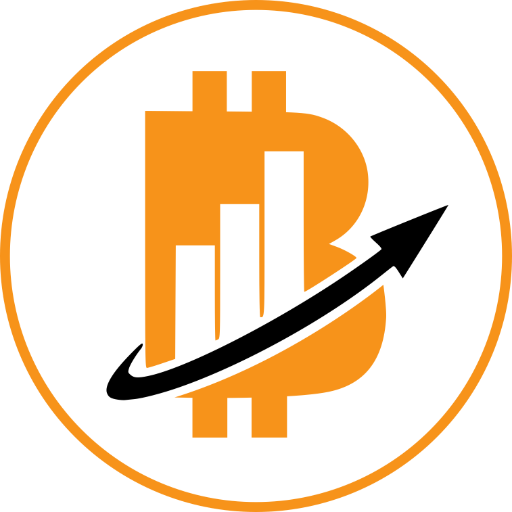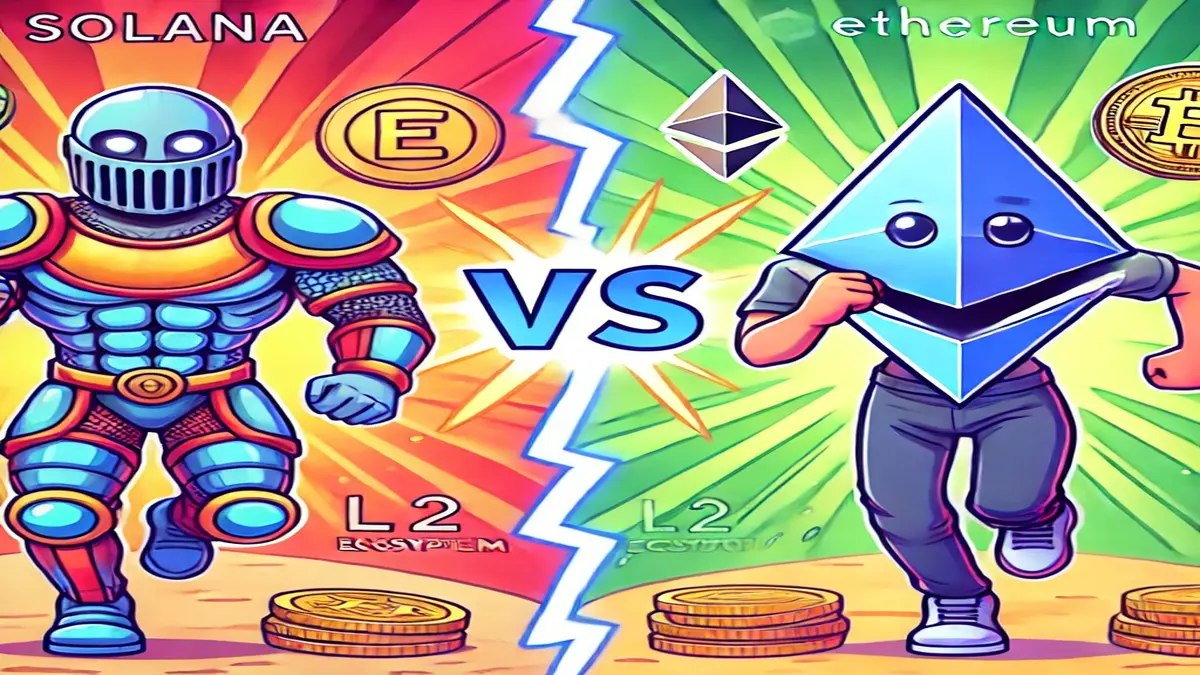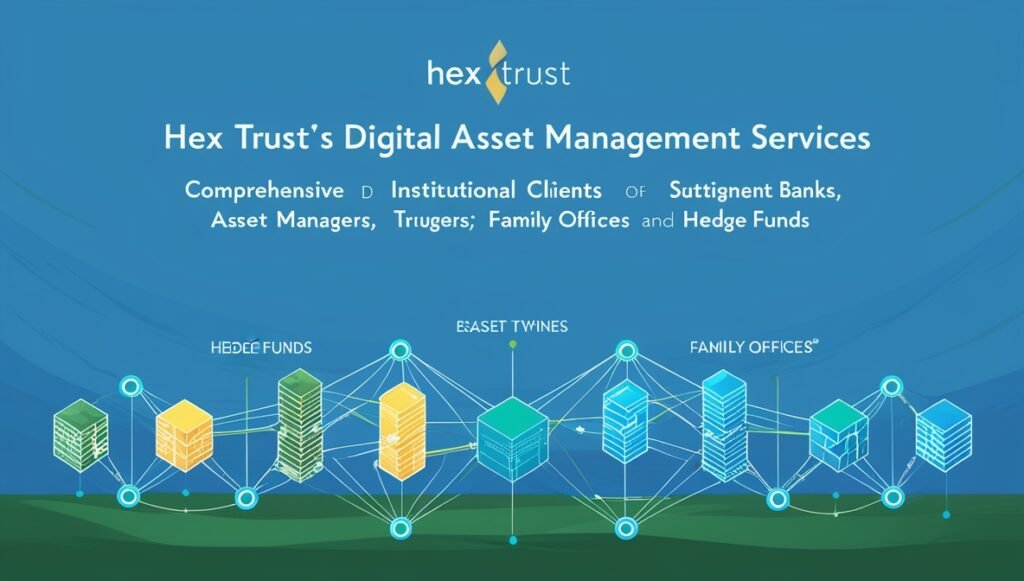Summary
A recent sophisticated hack at Radiant Capital led to the theft of $52 million worth of cryptocurrency assets. Radiant Capital advised customers to secure their wallets after the thief transferred almost all of the stolen money to Ethereum, according to blockchain security firm PeckShield. The platform is now working with cybersecurity experts and authorities to track and recover the funds.
Radiant Capital’s $52M Transferred to Ethereum
On Oct. 24, blockchain forensic firm PeckShield reported that a hacker associated with Radiant Capital had moved approximately $52 million in stolen crypto assets to the Ethereum network. The addresses connected to the hacker transferred nearly all funds from Arbitrum and Binance’s BNB Chain, totaling around 20,500 Ether.
YOU MIGHT ALSO LIKE THIS: AI Has Started Writing Malware Scripts
Details of the Radiant Capital Exploit
Radiant Capital, a decentralized finance (DeFi) lender, was targeted on Oct. 16 in a malware-based hack described as “one of the most sophisticated hacks ever recorded in DeFi.” Attackers compromised the hardware wallets of three Radiant developers, leading to losses exceeding $50 million.
User Advice: Remove Permissions from Your Wallet
Radiant Capital advised its users to use revoke.cash to remove permissions on impacted contracts in order to stop future misuse in the wake of the incident. With the words, “This is not optional—take one minute to protect your assets,” they gave users a list of compromised contracts and urged them to act immediately.
DeFi Space Sees an Increase in Crypto Hacks
PeckShield claims that losses from bitcoin hacking have escalated, with losses across numerous DeFi networks in September 2024 alone amounting to over $120 million.The growing security concerns in the decentralized banking industry were highlighted by the same thefts that affected other websites, such as BingX, Penpie, and Indodax. Radiant Capital continues to collaborate with cybersecurity experts and law enforcement to recover the stolen funds and improve company security.














